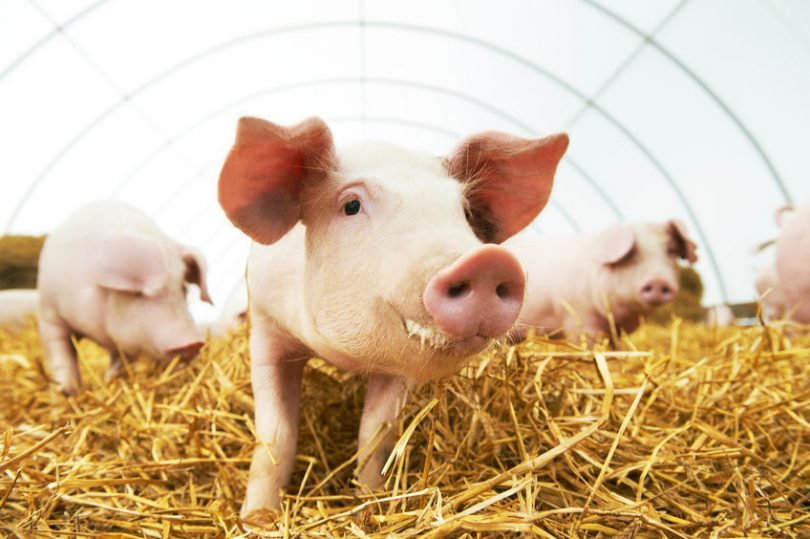This week French retailer Auchan announced it’s rolling out blockchain food traceability in France, Italy, Spain, Portugal and Senegal. Auchan is one of France’s most prominent retailers with more than 2,000 stores worldwide and 2017 turnover of Euro 52 billion. The project’s purpose is to enable consumers to track a product’s life from seed to plate by scanning a QR code.
The launch follows initial testing since 2016 in Vietnam with German startup TE-FOOD. There the system is currently being used on 18,000 pigs, 200,000 chickens and 2.5 million eggs. Soon the retailer plans to include aubergines, mangos and durian fruit.
Auchan extended the use to France where it now tracks organic carrots. Tracing potato and chicken supply chains are planned for December and February respectively. Shortly it will also expand the project to Italy (tomatoes and chicken) and Spain (pork, local exotic fruits), and eventually Portugal and Senegal.
Every participant in the chain, including the seed producer, logs the relevant details. The data is written to TE-FOOD’s private FoodChain blockchain. There’s an inventory management tool that enables local authorities to check food certificates issued by farms. And a B2B app for logistics companies allows them to provide traceability data and is also used on the farms. Additionally, consumers use mobile apps to retrieve product information.
There’s been a fair bit of food fraud of late, for example with companies claiming that their food is sourced from different regions. TE-FOOD says that 66% of consumers don’t believe the information displayed on food labels. Blockchain might help but isn’t a guarantee because it comes down to the data that’s entered into the system. If someone enters false data, then that will be stored on the blockchain.
Other food traceability projects
TE-FOOD’s Vietnam food tracing network involves 6,000 companies including major international food conglomerates. Initially, the company was not using a blockchain. Three months ago they launched their blockchain with pig traceability. They also helped Wyoming based BeefChain at one point.
The company sold over $19 million worth of TFD tokens in its Q1 2018 Initial Coin Offering (ICO). However, the market capitalization is now just over $4 million.
Other major retailers using food traceability are Walmart and Carrefour using IBM’s FoodTrust initiative. Dutch retailer Albert Heijn is currently tracking oranges.
In June the UK’s Food Standards Agency piloted a blockchain application at a cattle slaughterhouse. And Dairy Farmers of America is exploring blockchain. Both Oxfam in Cambodia and China’s Alibaba have started rice traceability projects. Swiss food company Gustav Gerig is using blockchain for tracing tuna, as is US-based Bumble Bee Foods.
The author does not own any TE-FOOD tokens







